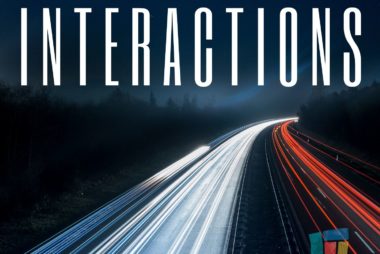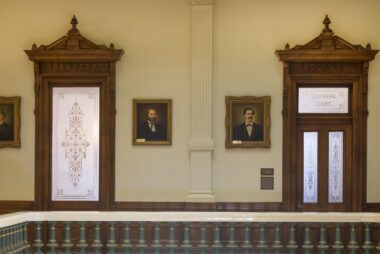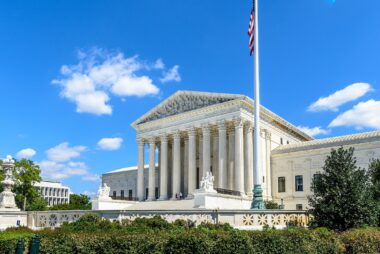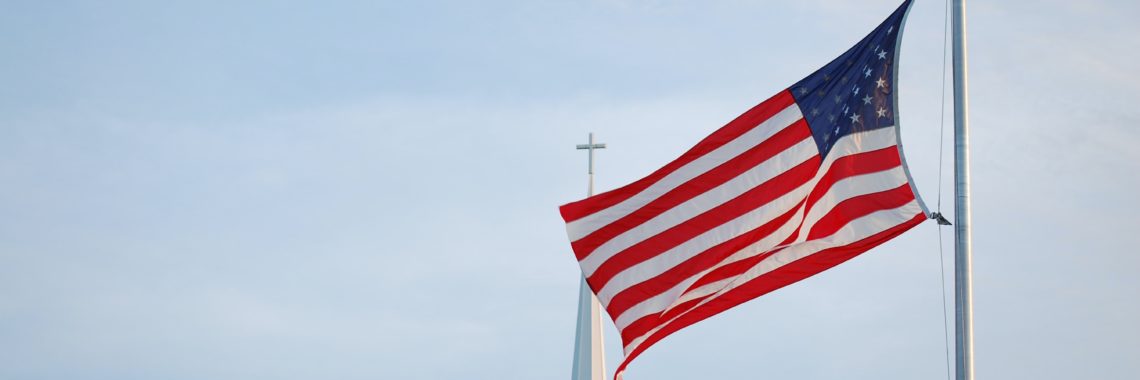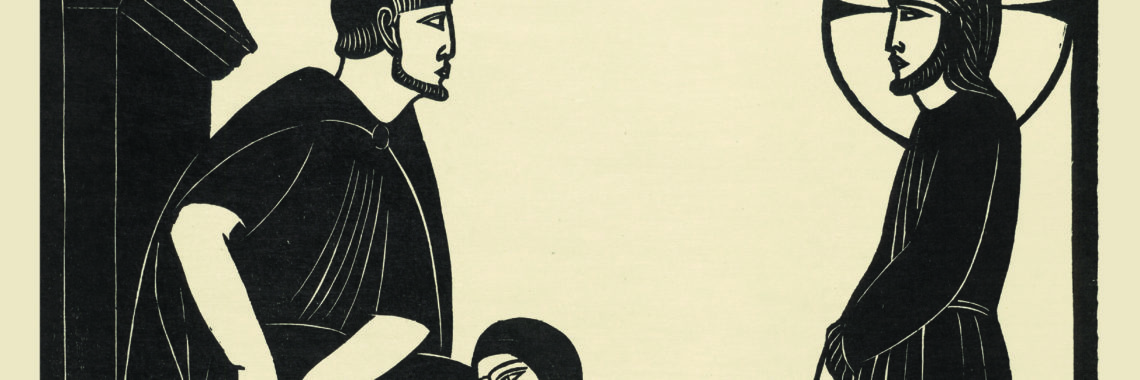“Biden and Francis, or to Caesar What is Caesar’s” by Rafael Domingo
Pope Francis and President Joe Biden at the Vatican, October 29, 2021. Wikimedia (PD-US). The meeting between President Joe Biden and Pope Francis at the Vatican has left us with memorable photographs and an important moment in history. What remains with me most vividly is the fact of the meeting itself, stripped of ceremony and…



